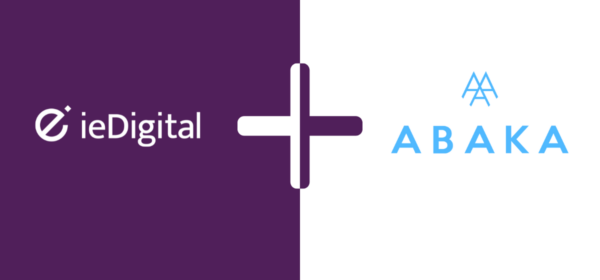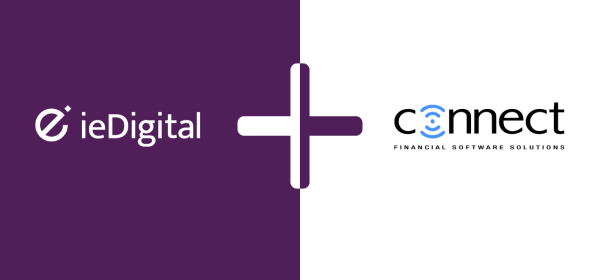What does digital transformation look like for companies outside of the banking bubble? The utilities sector, for example, has grasped available technology advancements by the scruff of the neck, making the most of our desire to have smart homes full of smart gadgets that help us measure energy consumption better. From water use to gas and electricity, we’re able to see how much we’re using on a regular basis thanks to smart meters and increased customer expectations.
And while we’re able to see how much we’re using, we can lower our bills. Of course, this is a challenge for utility companies, as they’re not making as much revenue as they used to. New products and services are required, and this is where digital transformation can really make a difference. So, how and what to improve beyond simple gadgets?
Improve communication
There’s an opportunity to differentiate in a crowded power and utilities marketplace by improving how to communicate with customers. Conversational AI will become this year’s buzzword(s), and with good reason. It represents an industry predicted to be worth nearly $12bn by 2023, with millennials topping the charts in using voice technology on a daily basis. (“They depend on voice assistants so much that 71% report using it daily, while 46% turn to their voice assistant at least 5 times a day” – Forbes.) And while voice technology has issues to iron out, it wouldn’t be prudent to sit on your hands.
Here lies an opportunity to better engage with customers and be the provider they switch to, not from. New ways to converse and interact with people is a chance to break free from direct mail, reactive automation, and call centres “designed to field incoming customer requests and complaints”.
Improve processes
With good communication comes good data (or so we like to believe). It’s only good data if we can process it properly, and feed it back into how the business is run for the betterment of the customer. What use is having innovative technology in the palm of your hand if you’re not able to dig into the analytics and fine-tune your products and services?
If you want to be a trusted adviser, a two-way relationship is the key to unlocking the potential of your new communications strategy. When a customer talks to you, you’re getting valuable information that needs processing, and the customer needs information from you. The flow of information between you sounds like common sense, right? Yet, so many companies are not nurturing conversation. The tactical part of your strategy should be to engage with customers and develop more personal connections. Technology will enable you to do this.
While you’re at it, have you seen a typical energy bill? Do you think everyone understands it?
Improve fairness
It’s a given that some people just won’t pay their bills. It’s an issue that needs tackling, but we want to talk about the other group: those who can’t pay their bills. Statistics from mid-2018 show that “more than one in 10 households in England are living in fuel poverty”, and US figures are even worse, with “nearly a third of households” struggling to pay energy bills. Technology offers a chance to better engage with people, providing channels for customers to manage the repayment of debt without being made to feel like a criminal, or at the very least embarrassed.
Call centre debt collection strategies are no longer enough. According to research, most people prefer to conduct their financial affairs online (in the UK, online banking is used by 63% of adults – Statista 2018), and a digital-first approach promises a wealth of opportunities for enabling utility companies to connect with their customers and build trust.
Enabling people to view everything online, providing information on how to reduce utility bills, the provision of online budgeting tools, and perhaps even offering deals and products that better suit them, increases visibility and ensures better money management. This not only saves on call centre costs, but removes the barrier to confusing information, or embarrassing phone calls. A non zero sum game.
It’s an exciting time to be a service provider, whether you’re a bank, a water company, or a gas and electricity supplier. Technology is changing our industrial landscape, and sitting on your hands simply isn’t going to pay the bills.














